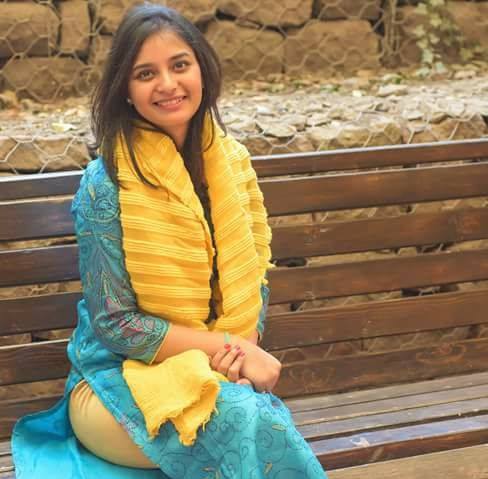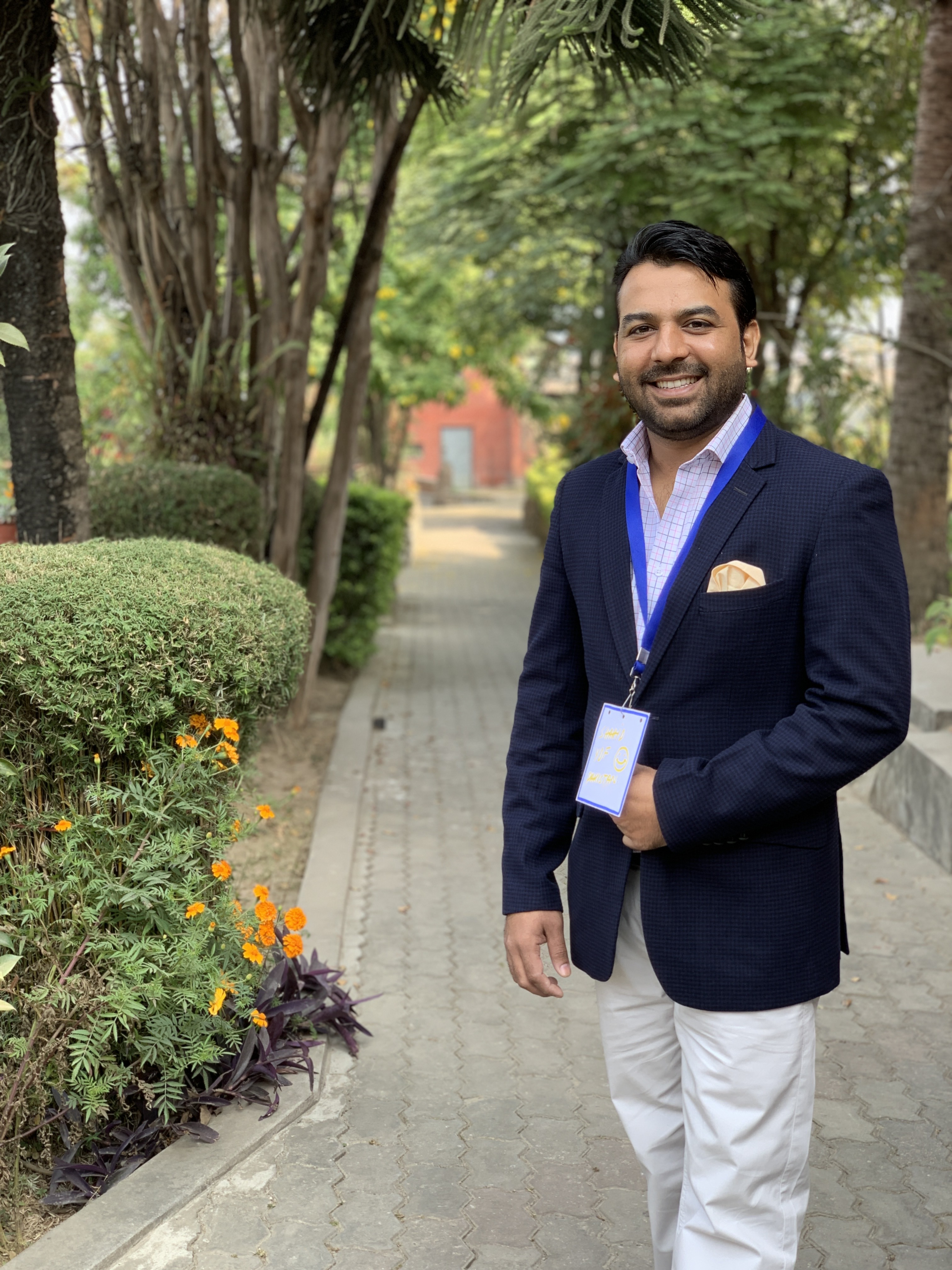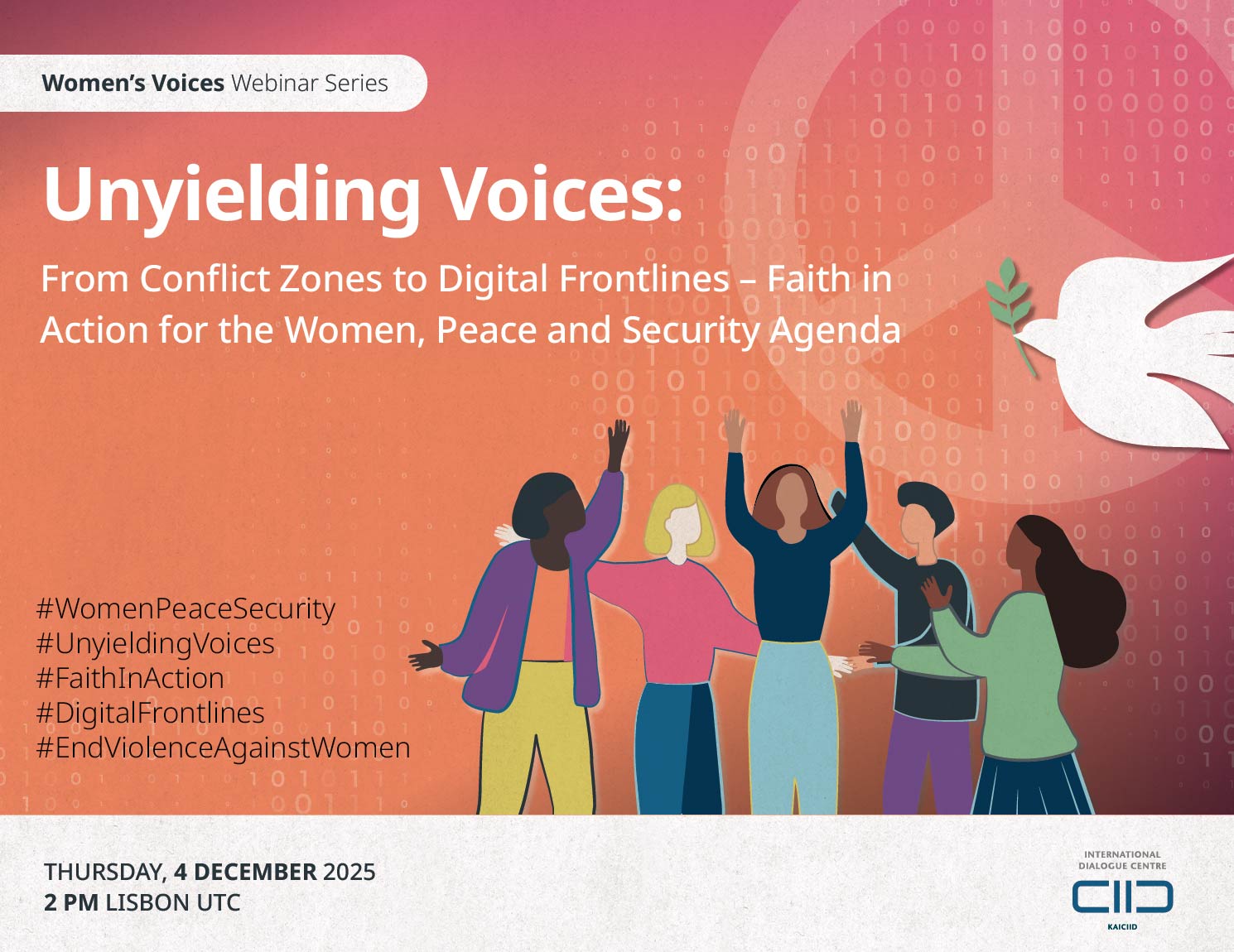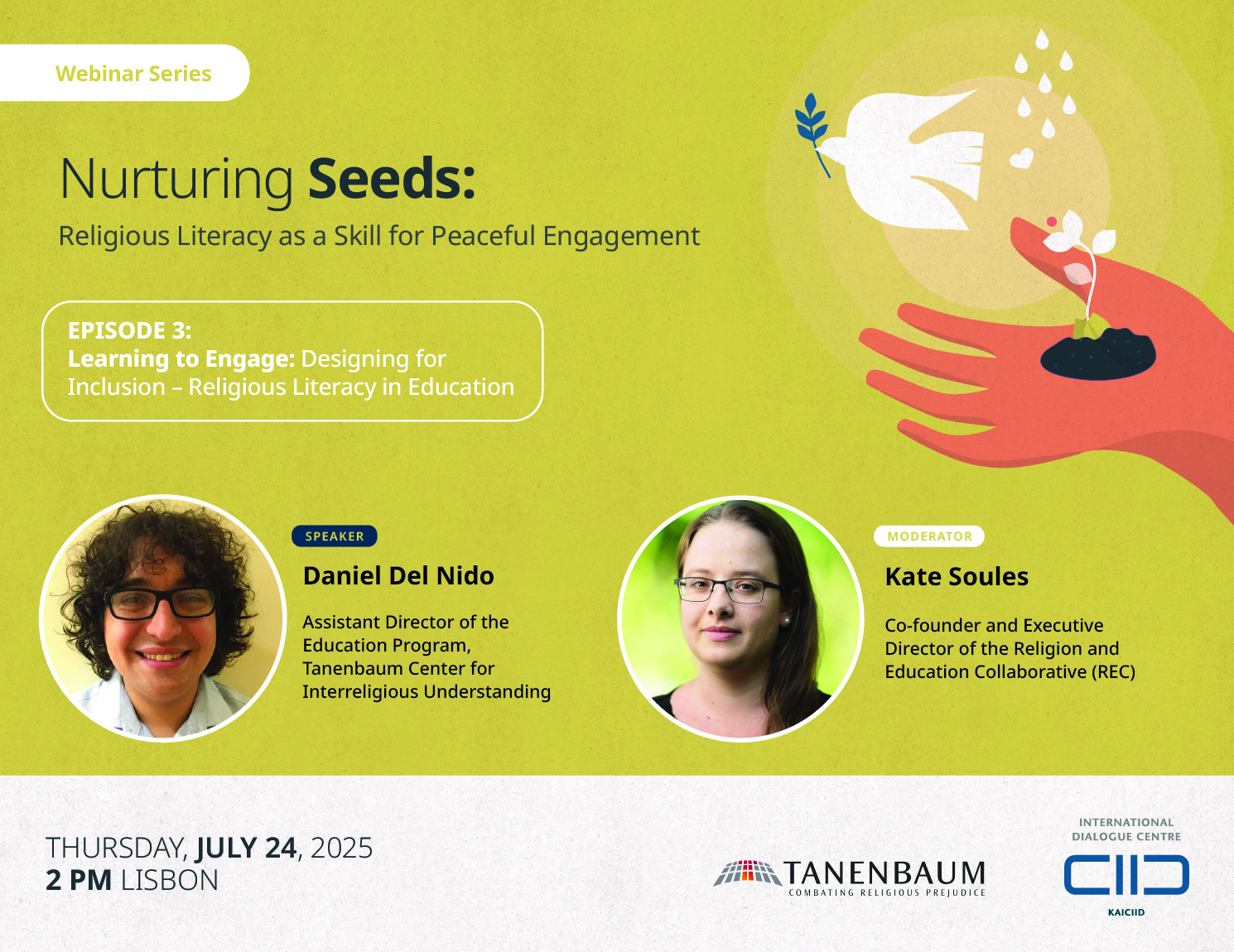Shahid Rehmat is the Founder and Executive Director of Youth Development Foundation Pakistan (YDF), as well as a peace activist and social entrepreneur with a decade of experience working in the field of interfaith harmony and counter violent extremism (CVE) in post-conflict zones/no-go areas of Pakistan. He works at the community, national, regional and international levels through peace education, community resilience activities and policy advocacy. He has been organizing and facilitating diverse youth capacity development programs in collaboration with various organizations, UN Agencies (UNAOC, Minority Rights Group International), World Faith, UNOY and Ministry of Human Rights, Minority Affairs and Interfaith Harmony, Government of Pakistan), etc. Most recently, Shahid was appointed as an Executive Member of the Punjab Youth Volunteers Force for the Corona Relief Facilitation Program, an initiative of the Prime Minister of Pakistan. The successful model of YDF was internationally recognized when Mr. Rehmat was invited to present on the importance of interfaith harmony for minority rights at the United Nations Minority Forum in Geneva in 2013, and at the UNAOC Global Forum in Baku in 2016 and Nexus at New York. He has had the privilege to work with global initiatives such as DFID, USAID, MRG and USIP, recipients of the prestigious ‘Emerging Leaders of Pakistan’ award, Acumen Pakistan Fellowship, and IFA and the German Foreign Service’s Cross Culture Fellowship. He has a Master’s degree in social work.






